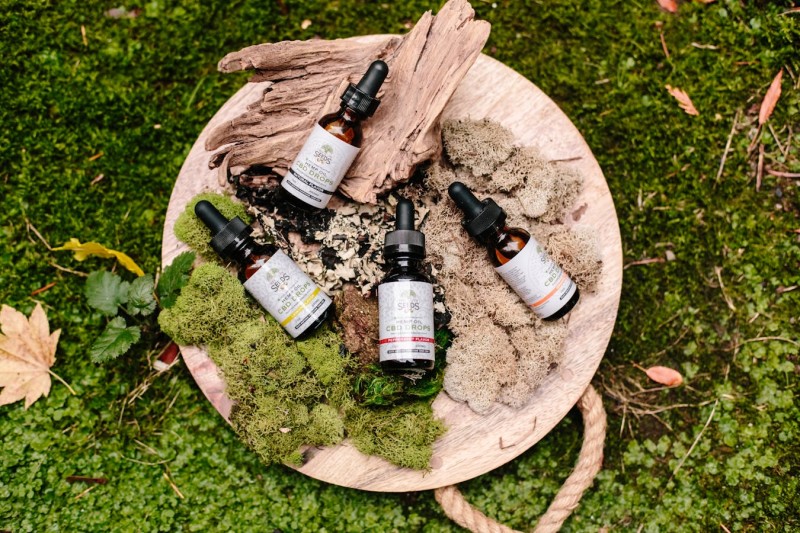Introduction
Cannabidiol, also referred to as CBD, is one substance that is derived from the cannabis plant and has attracted a lot of attention in the past few years. Nonetheless, CBD does not get users high and delivers none of the psychoactive properties of THC like delta-9-tetrahydrocannabinol for example. It is also important to note that some matters are still under investigation in order to establish whether this approach has some merits: one of them is safety and the other is the side effects of this approach in the broad society.
CBD vs. Marijuana: Key Differences
CBD is a single entity made from cannabis containing only CBD, while marijuana is the plant substance possessing multiple substances, including CBD and THC. To date, the U.S. Food and Drug Administration (FDA) has only established the approval of only one product that has CBD as an active ingredient to address seizures that are brought by conditions such as Lennox-Gastaut syndrome, Dravet syndrome, and tuberous sclerosis complex.
But what should be remembered here is that currently there is no approval by the Food and Drug Administration of incorporation of CBD in food products as well as in marketing it as a dietary supplement. While there is a large demand for CBD, the majority of CBD products in today’s markets neither have standardized active contents nor are promoted with substantiated health benefits.
Potential Risks and Side Effects
Although many bring CBD into practice, they are not exempt from risks. Research also shows that CBD is toxic to the liver and can cause side effects that interact with other drugs. CBD together with alcohol, or substances used to treat anxiety, sleeping disorders or stress raises the potential for sedation and drowsiness, thereby raising the likelihood of an accident.
Clinical research on animals also potential issues include male reproductive toxicity, therefore affecting fertility. Most of the time other effects are also obvious; these include drowsiness, diarrhoea, loss of appetite, irritability or mood swings.
Unanswered Questions Surrounding CBD
Currently, there is a lot of debate about different aspects of CBD, and much of it remains unknown. Scientists are still investigating:
- What happens to the body when it is used to CBD products daily.
- Advised dosages to neutralize potentially negative consequences.
- How the consumption routes including oral, topical or through inhalation affect it.
- How it influences the young and growing brains such as that of a child or even a pregnant woman.
- Habits of taking drugs derived from herbs and some other plant products as well as interactions with the same.
The FDA is to this date, reviewing the safety, quality and efficacy of the products containing the oil, while advising the public of the unproven claims and existence of several potentially unsafe practices.
The Bottom Line
This research reveals that CBD has a lot of potential it can be utilized as a health supplement, but its application entails a lot of decision making which requires credible information. Education is the most powerful tool consumers need to keep on updating themselves in order to make safe choices. These are admirable goals, but before trying to achieve these it is necessary to seek the advice of medical practitioners considering possible advantages and disadvantages. Thus, it does not remain a secret that when searching for CBD products, the user has to be very careful to avoid getting subpar quality products, which may be unsafe or ineffective for personal consumption.
Are you passionate about sharing insights into CBD? Join our CBD Write For Us section to contribute your valuable experiences and knowledge. Let’s build an informed community together!


